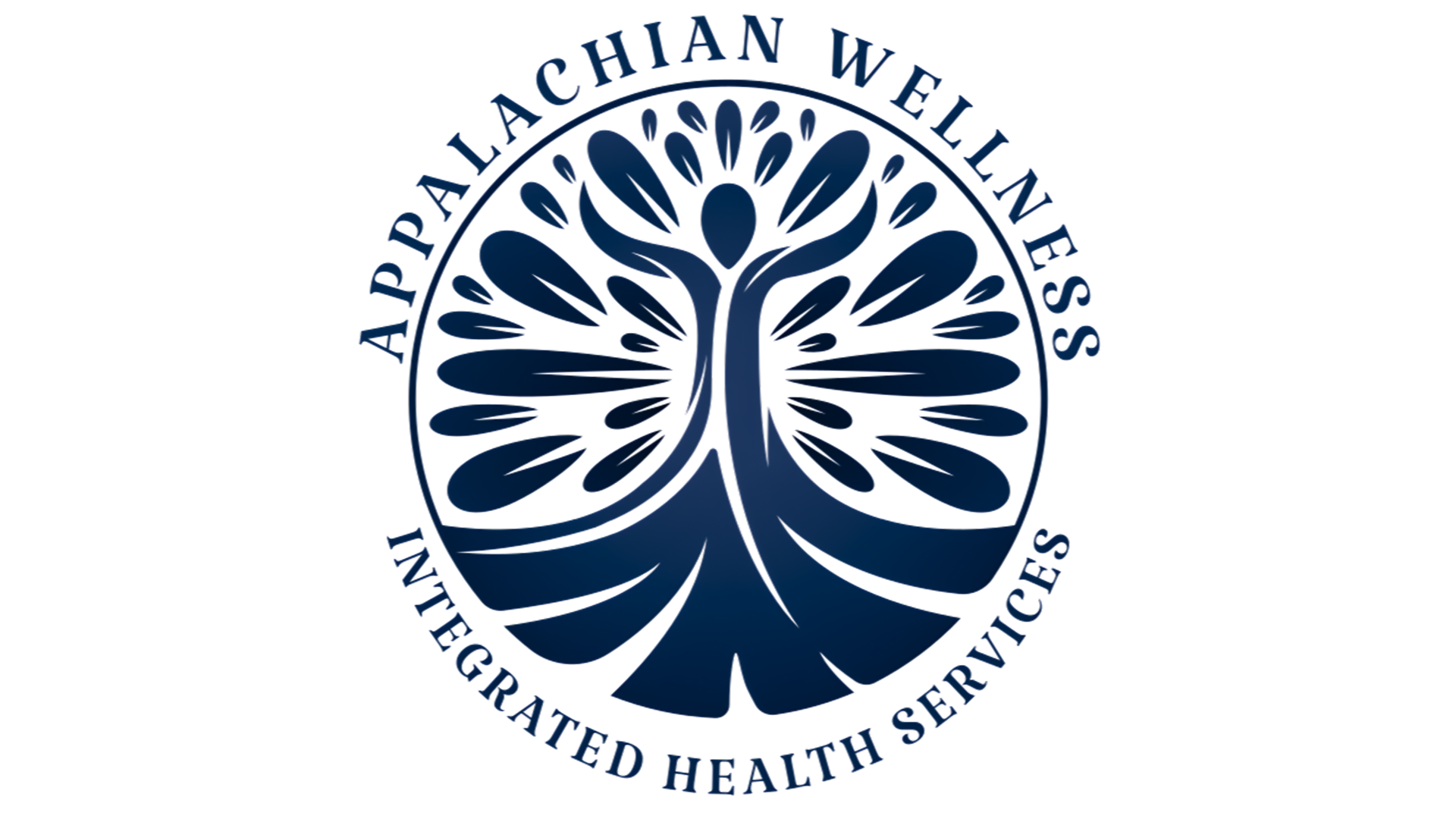PSYCHOLOGICAL EVALUATION
Parenting Evaluation
Parenting evaluations, also referred to as child custody evaluations, are assessments conducted in family court cases to determine a parent or guardian's ability to provide proper care for a child. Judges often request these evaluations during divorce cases or adoption proceedings. The process typically includes psychological assessments and interviews with both parents, as well as siblings, extended family members, friends, teachers, and other professionals involved in the child's life. The evaluator gathers and reviews all relevant information about the family's circumstances to make an informed recommendation. The goal is to ensure the best interests and well-being of the child are prioritized in determining the next steps.
The evaluator may also observe interactions between the parent and child to assess the quality of their relationship and parenting practices. Findings from the evaluation are presented in a detailed report, which helps the court make decisions regarding custody arrangements and parenting plans. The ultimate aim is to support the child's stability, safety, and emotional development by recommending solutions that best meet their needs.
DUI Evaluation
A DUI evaluation is a comprehensive assessment conducted to determine the extent of an individual's substance use and its impact on their driving behavior after being charged with a DUI (Driving Under the Influence). This evaluation typically includes a detailed interview, a review of the individual's driving history, and standardized questionnaires to assess alcohol or drug use patterns. The evaluator may also conduct psychological testing to identify any underlying issues that could contribute to substance abuse. The results of the evaluation help to formulate a treatment plan or recommend appropriate interventions, such as counseling, substance abuse education, or rehabilitation programs. The findings are often used by the court to inform sentencing decisions and ensure compliance with legal requirements. The goal is to address substance use issues and reduce the risk of future offenses, promoting safer driving habits and overall well-being.
Casey's Law Evaluation
Our goal is to offer a safe and supportive environment for individuals dealing with substance abuse, helping them progress in their recovery journey without exposure to harmful substances or activities. By collaborating with caregivers and family members, we aim to foster an environment where everyone involved feels supported throughout this challenging period. Through thorough evaluations and a deep understanding of the complexities of addiction, we strive to help those eligible under Casey’s Law gain prompt access to treatment programs. These programs are designed to equip individuals with the necessary tools for achieving lasting sobriety.
We focus on providing personalized care plans that address each individual's unique needs and circumstances. Our team is dedicated to offering continuous support and guidance to ensure that individuals remain committed to their recovery goals. By emphasizing both immediate and long-term strategies, we aim to build a foundation for sustainable recovery and improved overall well-being.
Navigation
All Rights Reserved | Appalachian Wellness
